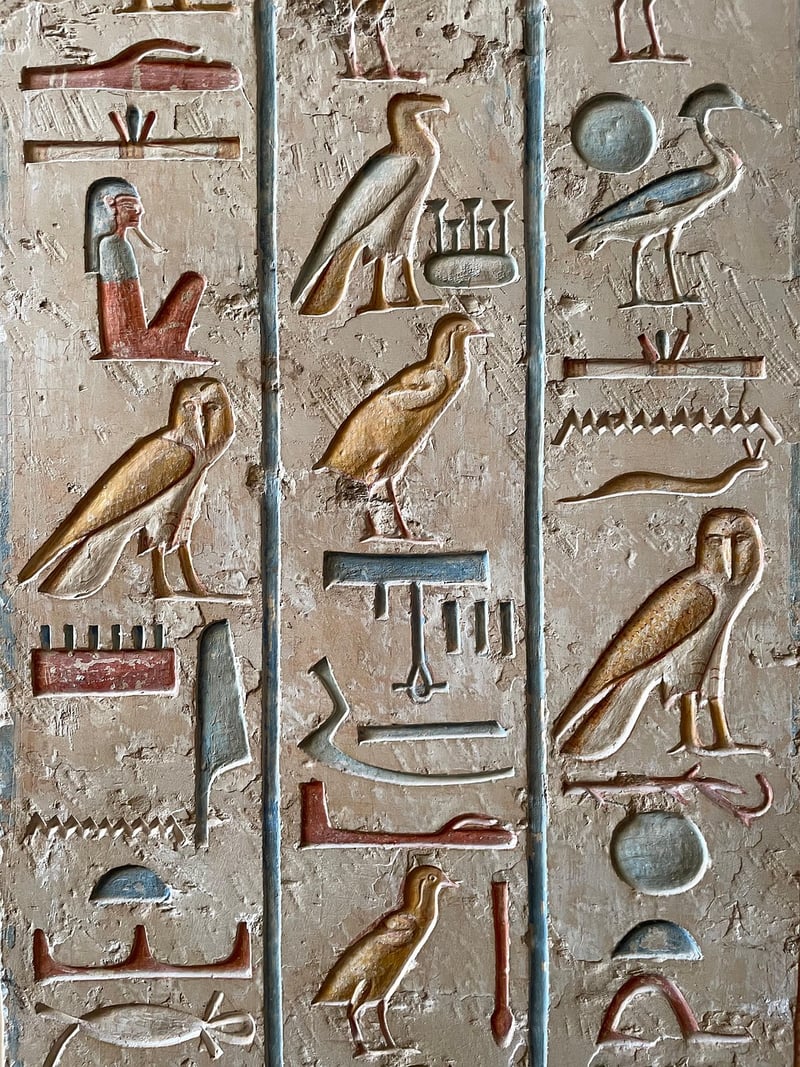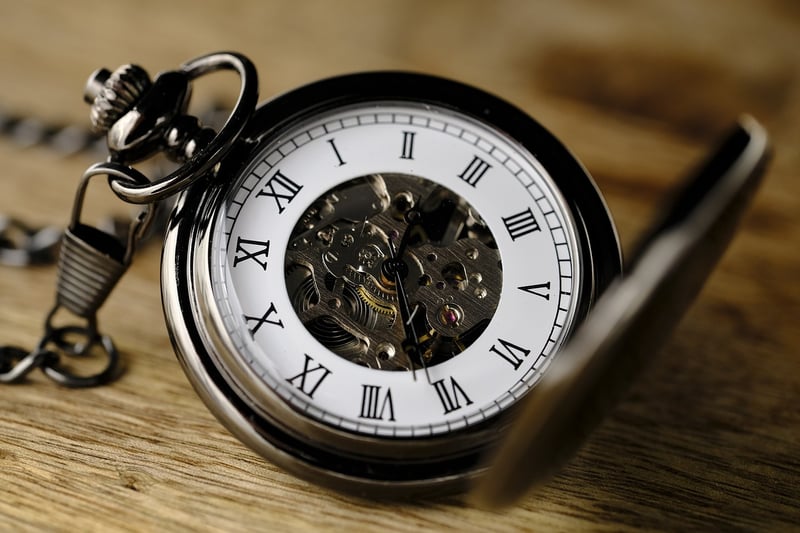Temporal Anomalies
Exploring Diverse Time Periods and Temporal Anomalies
Time has always been a fascinating concept for humanity. From ancient civilizations to modern scientists, the study of time has intrigued minds across different eras. Let's delve into the diverse time periods throughout history and uncover the mysteries of temporal anomalies.
Ancient Times
Ancient civilizations such as the Egyptians, Greeks, and Mayans had unique ways of measuring and perceiving time. From sundials to water clocks, these early societies developed methods to track the passage of time.

Medieval Era
The Middle Ages saw the development of mechanical clocks in European monasteries. These intricate devices revolutionized timekeeping and paved the way for precise time measurement.

Industrial Revolution
The Industrial Revolution brought about significant changes in how time was perceived. The standardization of time zones and the invention of the steam engine transformed society's relationship with time.

Modern Times
In the contemporary world, atomic clocks and precise timekeeping devices govern our daily lives. Technologies like GPS rely on accurate time measurements for their functionality, showcasing the importance of time in the digital age.

Temporal Anomalies
Temporal anomalies are deviations from the normal flow of time, often depicted in science fiction and theoretical physics. Concepts like time loops, time travel, and parallel universes challenge our understanding of the temporal dimension.
Whether through historical advancements in timekeeping or the imaginative exploration of temporal anomalies, the concept of time continues to captivate and perplex us, offering a glimpse into the ever-evolving nature of existence.
